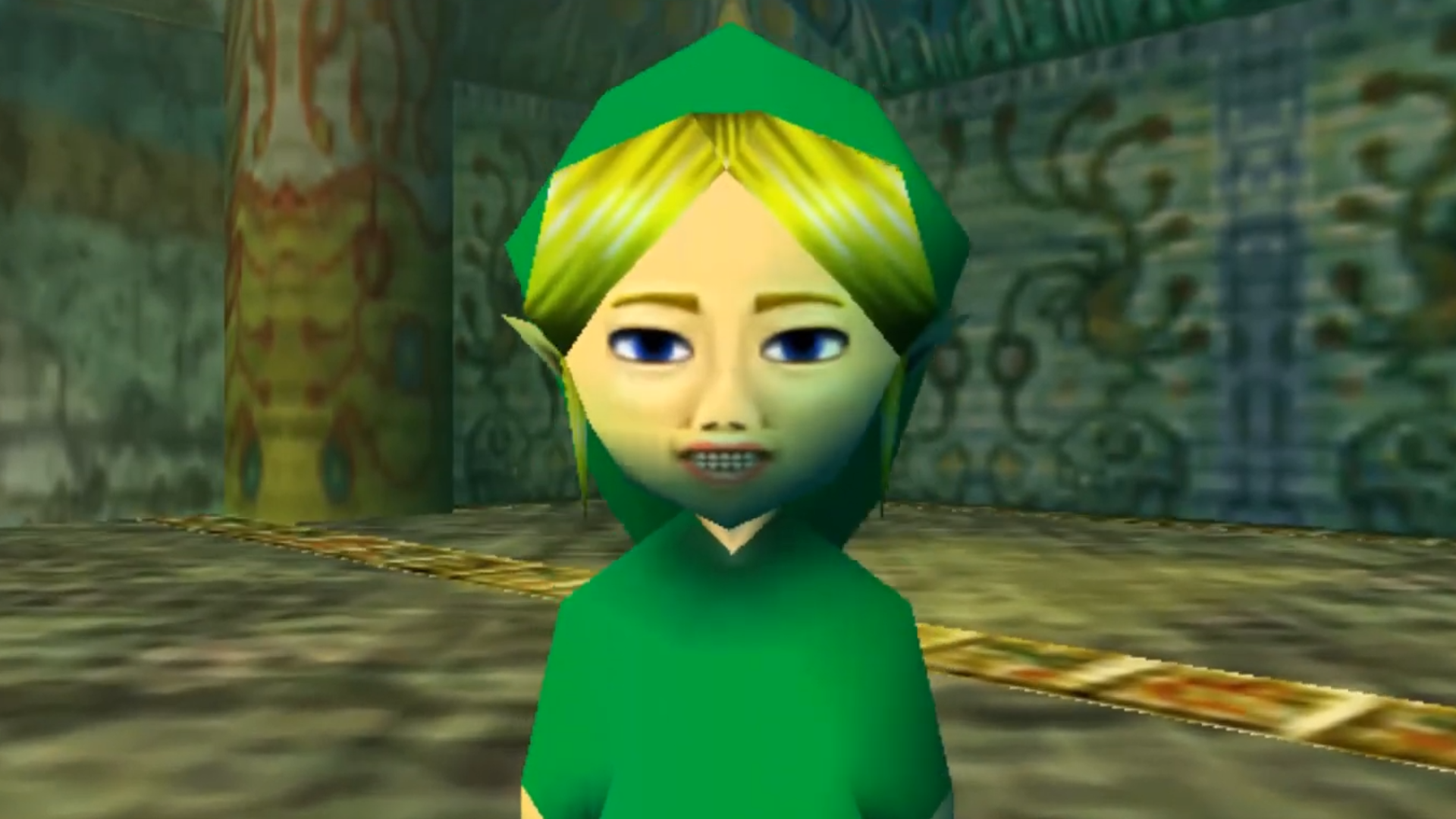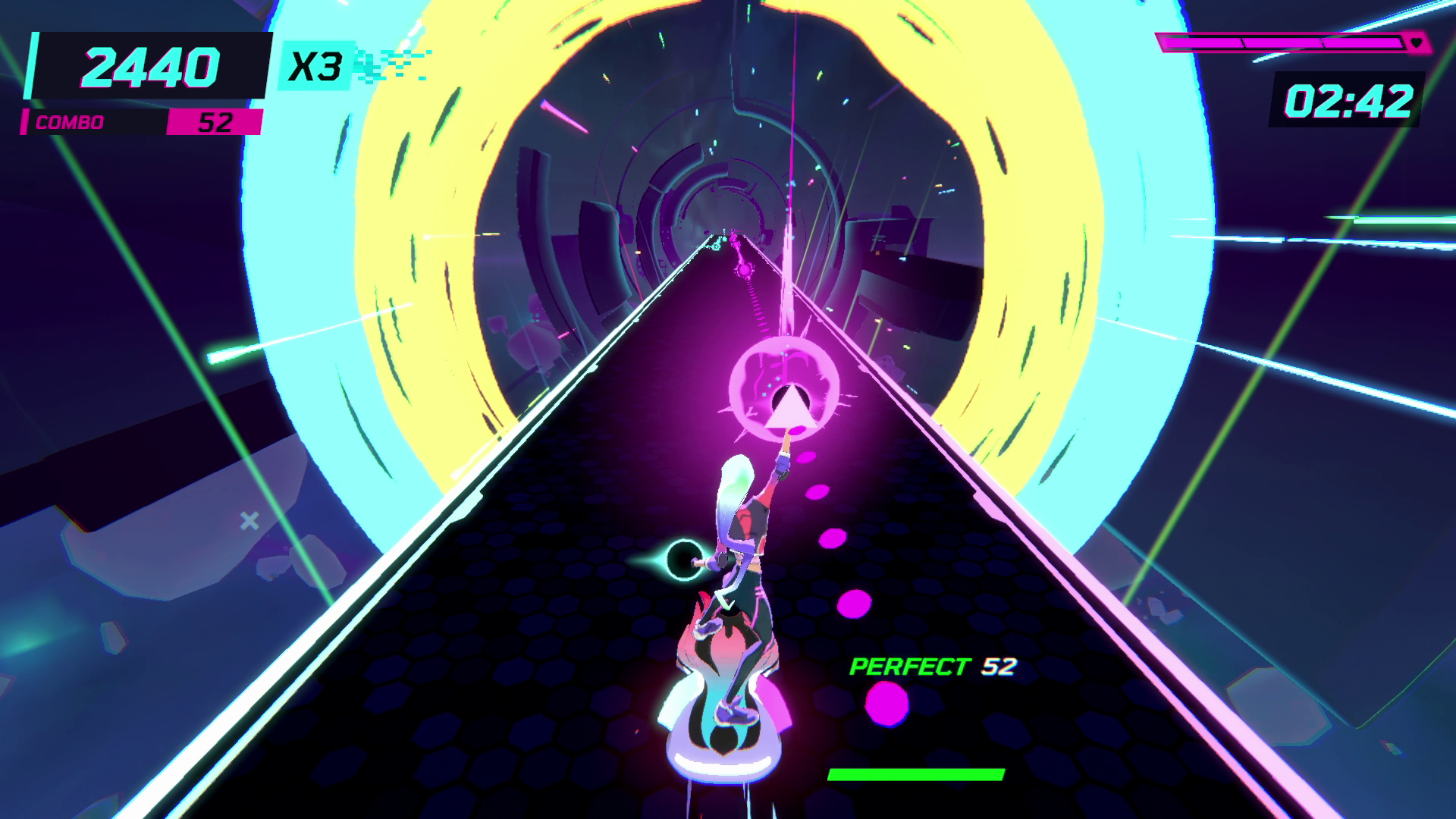The World Health Organization now recognizes video game addiction as a separate mental health disorder in its 11th International Classification of Diseases (ICD). The newly classified condition will be known as “gaming disorder,” which is described as a pattern of addictive behavior that takes “precedence over other life interests.”
According to Dr. Vladimir Poznyak, the medical professional who proposed the new diagnosis to the WHO’s decision making body, the intention of classifying game disorder in the ICD, is for medical professionals to be more “alerted to the existence of this condition”, which in turn will help people that are possibly suffering from the newly recognized disorder. However, not all psychologists agree that gaming disorder is worthy to be placed in the ICD.
Moreover, Dr. Poznyak said that game disorder has three significant characteristics that will help doctors make a diagnosis. First, “gaming behavior takes precedence over other activities to the extent that other activities are taken to the periphery,” he said. The second characteristic is when a person suffers from “impaired control of these behaviors,” Poznyak said. “Even when negative consequences occur, this behavior continues or escalates.” Lastly, the third characteristic is when a person’s personal relationship, education or occupation is negatively affected by the addiction to playing video games. The consequences of a person with a gaming disorder are real and may include, diet problems, sleep problems, and unwillingness to engage in physical activities, Poznyak noted.
These three characteristics that Poznyak described are somewhat similar to the behavior of a person suffering from a substance or gambling abuse. Also, for a correct diagnosis, the person concerned should be showing a consistent negative pattern of behavior for at least 12 months. So a weekend spent playing God of War and then returning to your usual routine afterward does not count.
“Millions of gamers around the world, even when it comes to the intense gaming, would never qualify as people suffering from gaming disorder. And let me emphasize that this is a clinical condition, and clinical diagnosis can be made only by health professionals which are properly trained to do that,” he said.
In the end, the goal of the WHO with the inclusion of gaming disorder in the classification is to spark a conversation and encourage further research and international collaboration. Hopefully, the attention given to this condition will encourage the proper institutions to conduct more research and discuss on how the recognition of this condition will affect people in the long run.
What are your thoughts on gaming disorder? Is the WHO correct in listing it as a mental health disorder? Or should we conduct more in-depth research on the condition first?




















